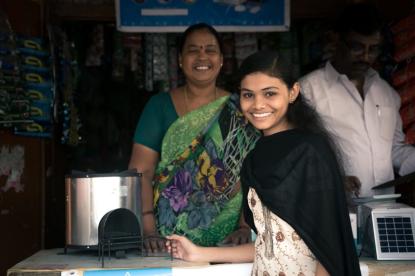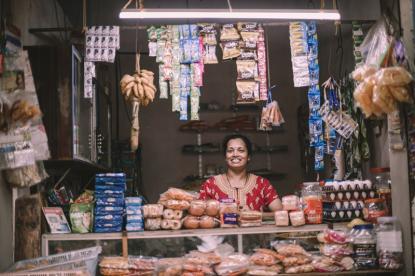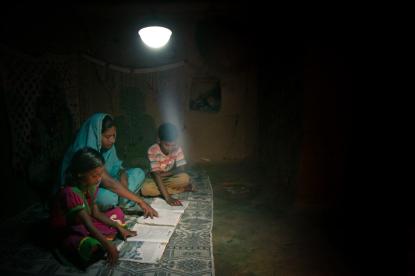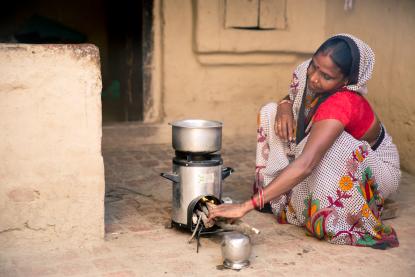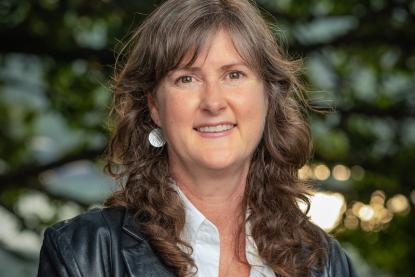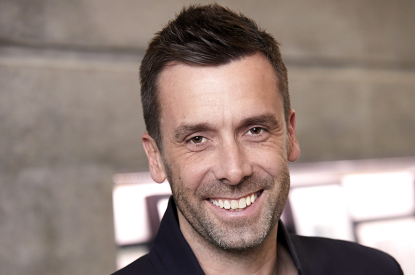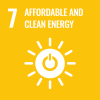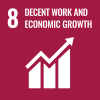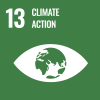Improved cookstoves, water filters, and solar lamps in India
Enabling women in vulnerable communities to make the energy transition

This project not only empowers women but also tackles social and environmental challenges to make a positive difference in people‘s lives and the environment.
Challenges in rural India
In India, the world’s most populous country, millions of people live below the poverty line. Many use kerosene lamps, which are harmful to the environment and their health, to light their homes, prepare meals over open fires, and boil contaminated water to make it drinkable. The fires produce heavy smoke that can lead to serious illness and even death. In India alone, 607,000 people die each year from indoor air pollution.
The open fires and kerosene lamps release significant amounts of carbon and require large amounts of wood for fuel, leading to deforestation. Almost a third of India’s landmass is already affected by degradation and desertification. Energy-efficient products are often expensive, and access is difficult in remote areas. This project improves access to solar lamps, water filters, and improved cookstoves in India, especially in regions where people suffer from extreme poverty.
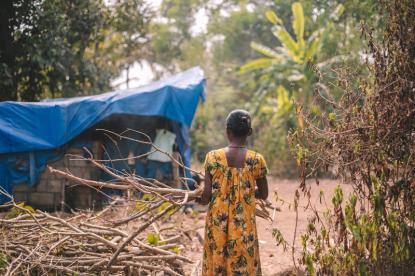
How a climate project boosts clean energy and empowers women in India
This project enables women micro-entrepreneurs in rural areas to access funding for improved cookstoves, solar lamps, and water filters and helps build supply chains in remote regions. The women use these products for both their businesses and their homes. The money saved on fuel enables the women to repay the loans. Organised in groups, the women meet regularly to support each other, monitor satisfaction, and encourage the use of clean energy products. Each group has a clean energy leader who manages after-sales support in case the products need servicing or repair. Some women even work as clean energy demonstrators, travelling to nearby villages to educate others about the benefits of the new products.
